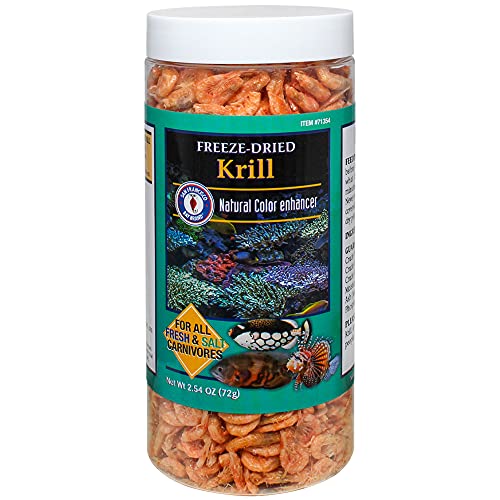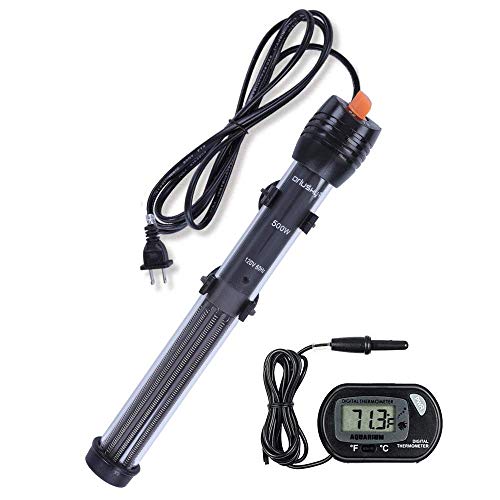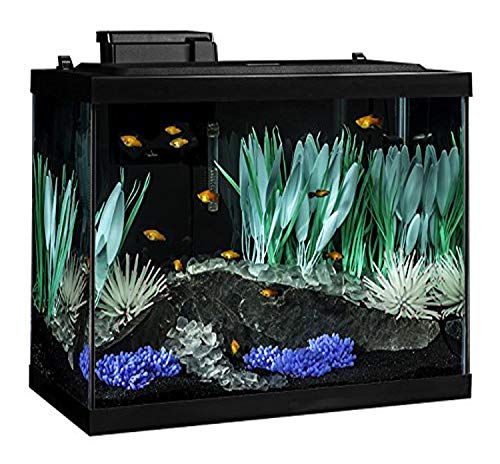chastjw71
Well-known member
I broke down a tank with extremely high Phosphates 2.5 on hanna, (could be higher as 2.5 max on Hanna) and over 100 nitrates.
in the tank were 4 fish, yellow tang, powder blue, hawk fish, and perc clown, along with a carpet anemone and snowflake eel.
I transfered all animals to my house, to an all ready set up quarantine tank, all samples well in normal range, 2 nitrates and 0.03 phos. I aclimated for 2 hours in buckets. next day all fish were dead, eel seems fine and anemone is open and looking good.
I was more worried about the eel and anemone then the fish but apparently I was wrong? Do you all think this was do to the high Phos, Nitrates? or something else possibly???
in the tank were 4 fish, yellow tang, powder blue, hawk fish, and perc clown, along with a carpet anemone and snowflake eel.
I transfered all animals to my house, to an all ready set up quarantine tank, all samples well in normal range, 2 nitrates and 0.03 phos. I aclimated for 2 hours in buckets. next day all fish were dead, eel seems fine and anemone is open and looking good.
I was more worried about the eel and anemone then the fish but apparently I was wrong? Do you all think this was do to the high Phos, Nitrates? or something else possibly???




































































